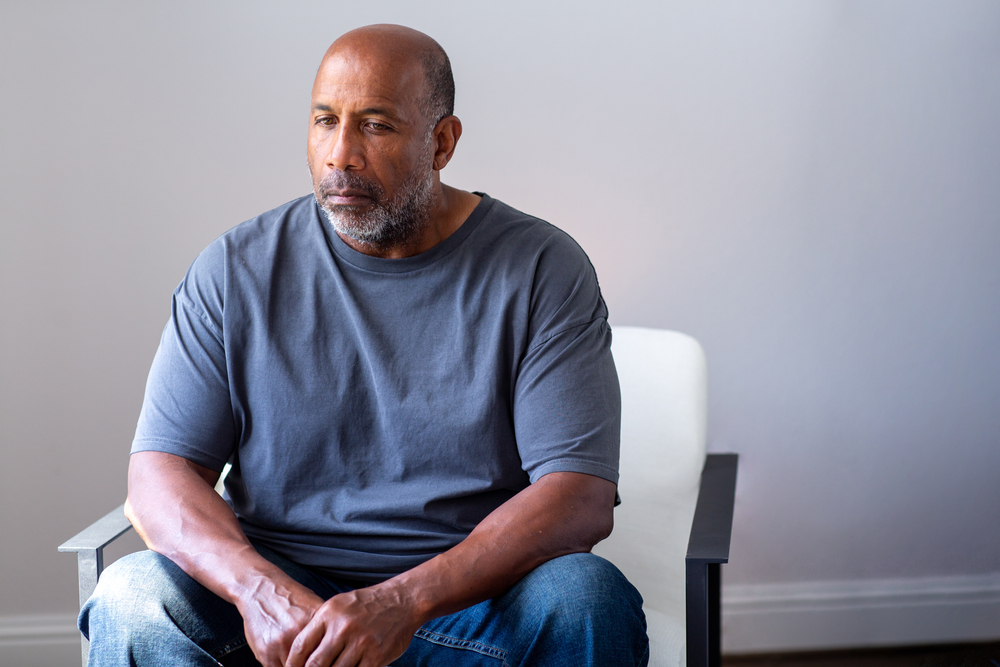Can You Die From Dementia?
Category:

Can You Die From Dementia?
When you think of dementia, symptoms like memory loss and disorientation are probably what come to mind. If that’s the case, it may surprise you to learn that Alzheimer’s and dementia are the sixth leading cause of death in the US. So, how do you die from dementia? The answer depends on a wide variety of factors.
The Progression of Alzheimer’s Disease and Dementia
Between different people and different types of dementia, you’ll find different patterns of decline. For some, confusion and disorientation may be among the first symptoms to appear. For others, it could be changed in communication or judgment. With these changes can come depression, further complicating matters.
No matter how it begins, the list keeps growing. Symptoms expand to include memory impairments, hallucinations, sleep issues, changes in personality, and more. The road may be different, but most cases of dementia have the same destination.
During the late stages, a person is rendered unable to perform the daily activities of life, and they require around-the-clock care. Sometimes, 24-hour care is not enough. For instance, even with adequate care, difficulty swallowing can gradually lead to malnutrition, which causes weight loss and increases our vulnerability to infection.
Increased Vulnerability to Health Risks
What do dementia patients die from, exactly? For most people with late-stage Alzheimer’s disease, medical complications are the most common cause of death. Dying from dementia is often due to a suppressed immune system, leading to a fatal infection. Even if an infection is avoided, blood clots may develop related to long periods of immobility.
Studying death and dementia is difficult because dementia is not always listed as the cause of death. According to the best available data, approximately 63% of dementia deaths are linked to circulatory issues. Another 26% are linked to respiratory system diseases. The remainder is a collection of many miscellaneous causes, ranging from digestive diseases to cancer.
Then, how do people die from dementia when complications are not directly responsible? Remember, dementia associated with Alzheimer’s disease is progressive. Even if medical complications can be avoided, the deterioration of the brain never stops. As dementia progresses, communication between the brain and body will eventually cease. Essential organs stop functioning, and even breathing independently may become impossible.
Looking After Loved Ones with Dementia
Alzheimer’s and dementia are eventually fatal, but that doesn’t mean there’s nothing you can do about it. The progression of the disease can be slowed with regular exercise. As dementia gradually progresses, you can explore new activities to help stimulate Alzheimer’s patients or several similar proven techniques for improving their mood and sense of well-being.
And with preparation, caregivers can learn to reduce the risk of many health problems associated with dementia. Exploring the link between dementia and depression in seniors may be a good place to begin. In any case, there are always ways to be proactive. When it comes to quality of life, providing a supportive environment for your loved ones can make all the difference in the world.
Subscribe
Date: 2019-03-21
Category:


